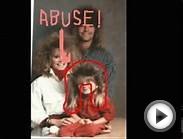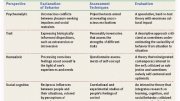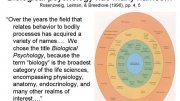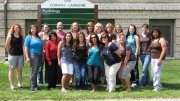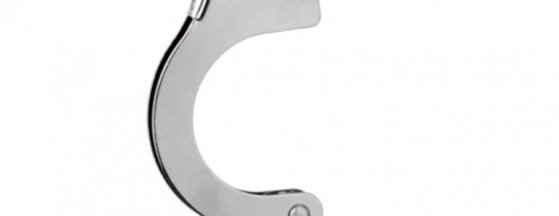
With numerous portrayals in books, movies and television programs, interest in forensic psychology has grown significantly in recent years. Increasing numbers of graduate programs offer dual degrees in psychology and law, with others providing specialization in forensic psychology. While forensic psychology was only recently officially recognized as a distinct specialization by the American Psychological Association, the origins of the field date back to Wilhelm Wundt's founding of the first psychology lab in Germany.
Learn more about some of the major events and key figures in this growing field in this brief history of forensic psychology.
Key People in the History of Forensic Psychology:
- William Stern – Researched the accuracy of expert testimony.
- William Marston – Testified at the trial that established the standard for expert witnesses.
Early Research in Forensic Psychology
J. McKeen Cattell conducted some of the earliest research on the psychology of testimony. He posed a series of questions to students at Columbia University, asking them to provide a response and rate their degree of confidence in their answer (1895). Cattell’s results indicated a surprising degree of inaccuracy, which generated interest among other psychologists who went on to conduct experiments on eyewitness testimony.
Inspired by Cattell's work, Alfred Binet replicated Cattell’s research and studied the results of other psychology experiments that applied to law and criminal justice (Bartol, 2005). His work in intelligence testing was also important to the development of forensic psychology, as many future assessment tools were based on his work.
Psychologist William Stern also studied witness recall. In one experiment, students were asked to summarize a dispute they witnessed between two classmates. Stern discovered that errors were common among the witnesses, concluding that emotions decrease the accuracy of witness recall (Stern, 1939).
Stern continued to study issues surrounding testimony and later established the first academic journal devoted to applied psychology.
Forensic Psychology in the Courts:
During this time, psychologists were also beginning to act as expert witnesses in criminal trials throughout Europe. In 1896, a psychologist by the name of Albert von Schrenck-Notzing testified at a murder trial about the effects of suggestibility on witness testimony (Bartol, 2005).
Hugo Munsterberg's ardent belief that psychology had practical applications in everyday life also contributed to the development of forensic psychology. In 1908, Munsterberg published his book On the Witness Stand, advocating the use of psychology in legal matters. Despite his contributions, Munsterberg was generally disliked by many of his peers in psychology and by much of the legal community.
Source: psychology.about.com
|
History Of The Impeachment Of Andrew Johnson: President Of The United States, By The House Of Representatives, And His Trial By The Senate For High Crimes ... In Office, 1868 (Crime Classics) eBooks (Classic Crime Press) |
You might also like:


